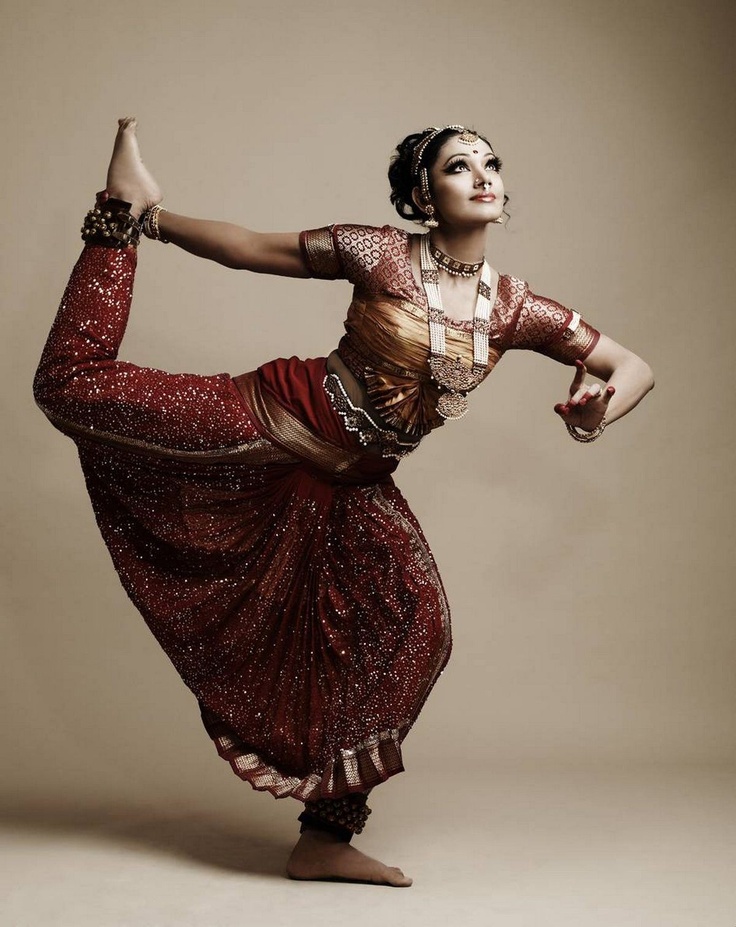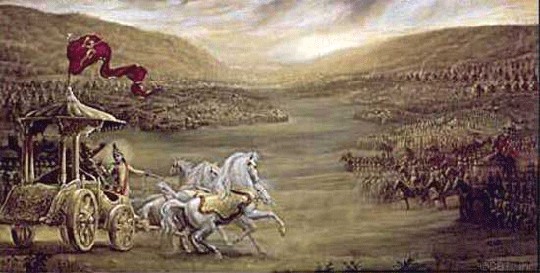The Rise of Women in Politics: Challenges, Strategies, and Success Stories
Women have made significant strides in the political arena in the past few decades, but they still face many barriers and challenges to achieving equal representation and influence. According to the latest data from UN Women, women hold only 26.5 percent of parliamentary seats and 21.9 percent of ministerial positions worldwide. Moreover, only 34 women serve as heads of state or government out of 193 countries. These numbers show that women are still underrepresented at all levels of decision-making and that achieving gender parity in politics is far from reality.

Image Source: Forbes

Image Source: Forbes
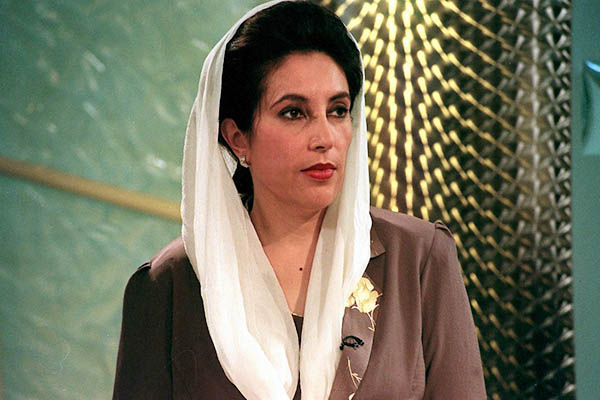
Image Source: Pakistan Standard
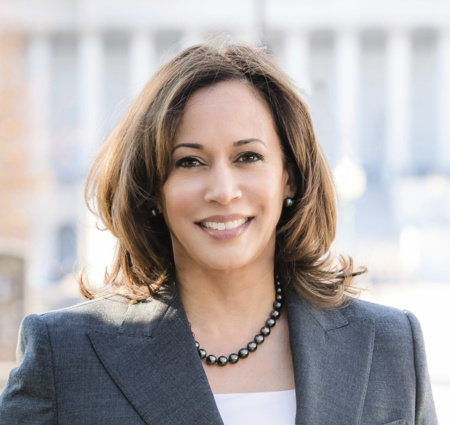
Image Source: Penguin Random House
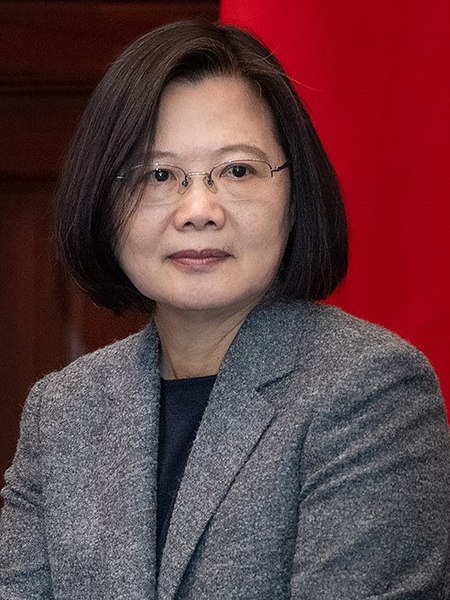
Image Source: Wikimedia Commons
Why does this matter? Because women’s participation and leadership in politics are essential for advancing democracy, human rights, peace, and development. Women bring diverse perspectives, experiences, and priorities to the policy-making process, and can advocate for the needs and interests of half of the population. Women can also inspire other women and girls to pursue their political aspirations and challenge the stereotypes and norms that limit their potential. Furthermore, women’s political empowerment can have positive spillover effects on other aspects of gender equality, such as education, health, economic opportunities, and violence prevention.
How can we increase women’s political representation and influence? There is no one-size-fits-all solution, but some of the proven strategies include:
- Reforming the electoral systems and laws to create more opportunities and incentives for women to run for office, such as through quotas, proportional representation, or reserved seats.
- Providing financial and technical support to women candidates and parties that promote gender equality, such as through public funding, training, mentoring, or media coverage.
- Strengthening the capacity and accountability of political institutions to be more gender-responsive and inclusive, such as through gender mainstreaming, gender budgeting, or gender-sensitive committees.
- Mobilizing civil society and social movements to advocate for women’s rights and participation in politics, such as through awareness-raising campaigns, coalitions, or watchdogs.
- Challenging the patriarchal norms and attitudes that hinder women’s political ambitions and achievements, such as through education, role models, or dialogue.
If you are a woman who wants to become a politician, here are some tips to help you on your journey:
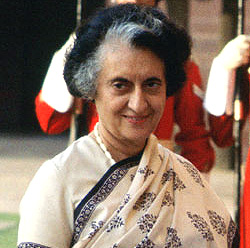
Image Source: Deccan Herald
- Identify your passion and vision for change. What are the issues that you care about and want to address? What are the values and principles that guide your actions? What are your goals and objectives that you want to achieve?
- Build your skills and knowledge. What are the skills and knowledge that you need to be an effective politician? How can you acquire them? You can seek formal education, training, mentoring, or coaching opportunities to enhance your competencies.
- Expand your network and influence. Who are the people that you need to connect with and influence? How can you reach out to them? You can join or form political parties, organizations, movements, or coalitions that share your vision and values.
- Seek support and mentorship. Who are the people that can support you and mentor you along the way? How can you find them? You can look for role models, mentors, sponsors, or allies who can offer you guidance, advice, feedback, or resources.
- Be confident and resilient. How can you overcome the challenges and obstacles that you may face? How can you cope with the stress and pressure that come with politics? You can develop a positive mindset, a strong sense of self-worth, a clear purpose, and a supportive network.
Women have made remarkable progress in politics in recent years, but there is still a long way to go before achieving gender parity. Women have the right and the responsibility to participate in politics as equal citizens. Women have the potential and the power to shape the future of their countries and the world.

Image Source: Daily FT
To illustrate this point further, let us look at some examples of famous women politicians who have made history with their achievements:
- Kamala Harris (1964-), the first woman, the first person of Asian descent to be elected Vice President of the United States. She started her career as a prosecutor and attorney general in California before becoming a senator in 2017. She ran for president in 2020 but dropped out before joining Joe Biden’s ticket as his running mate. She is known for her sharp questioning skills in Senate hearings and her progressive agenda on issues such as health care, criminal justice reform, immigration, climate change, and civil rights.
- Angela Merkel (1954-), the Chancellor of Germany since 2005 and one of the most influential leaders in Europe and the world. She grew up in communist East Germany before becoming a physicist and entering politics after the fall of the Berlin Wall. She rose through the ranks of the Christian Democratic Union party before becoming Germany’s first female chancellor. She has been praised for her pragmatic approach to managing complex crises such as the global financial meltdown, the European debt crisis, the refugee influx, the COVID-19 pandemic, and the rise of populism. She has also been a strong advocate for multilateralism, cooperation, and democracy on the global stage.
- Tsai Ing-wen (1956-), the President of Taiwan since 2016 and the first woman to be elected to office without a political family background. She studied law in Taiwan, the United States, and the United Kingdom before becoming a trade negotiator and a law professor. She joined the Democratic Progressive Party in 2004 and became its chairperson in 2008. She ran for president twice before winning in 2016 and again in 2020 with a record number of votes. She has faced pressure from China, which claims sovereignty over Taiwan but has maintained a firm stance on defending Taiwan’s autonomy, democracy, and human rights. She has also led Taiwan’s successful response to the COVID-19 pandemic, earning international recognition and praise.
Women in politics are not only making history but also shaping the future. They are challenging the status quo, advancing the common good, and inspiring the next generation of leaders. They are proving that women belong in every sphere of society and that their voices matter. Let us honor the achievements of women in politics and support their continued efforts to create a more equal and inclusive world.
Staff Reporter


